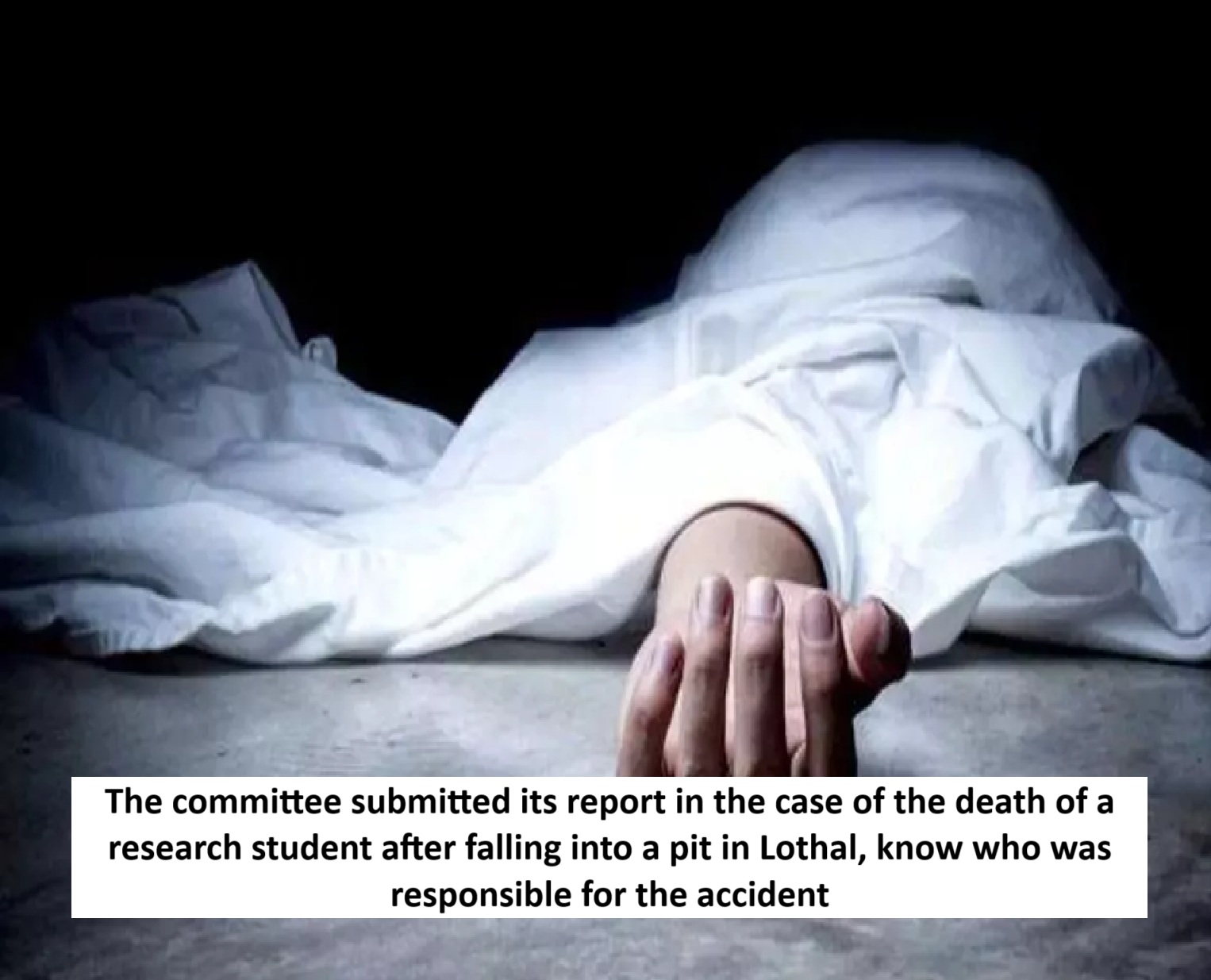
News Topical, Digital Desk : The committee constituted by IIT Delhi has submitted its report in the case of the death of research student Surabhi Verma after she fell into a pit during research work in Lothal, Gujarat. The committee has not held anyone responsible for the accident, but has considered it an unfortunate incident.
The committee has also made a standard operating procedure (SOP) and has asked to follow the guidelines in such research work. Along with this, instructions have been given to take permission from the institute, department and relatives before field work. In November last year, Surabhi Verma, a student of the Department of Environmental Science of IIT Delhi, went with Prof. Yama Dixit to Lothal in Gujarat for research work in the Harappan period area.
Death was caused by soil collapse and burial
For this, they dug a pit of 10 to 12 feet. When Surabhi went down to take a soil sample, the soil collapsed and she died due to being buried. The committee has mentioned some important points in the report, in which it was said that this digging was 10 feet deep, five feet wide and 10 feet long and was being done in the alluvial plain area. According to the committee, this pit was not very deep.
At present, there are no mandatory SOPs or safety protocols prescribed for such shallow digging. Important recommendations have also been made in the report. In future, sites away from the road should be selected for digging so that the vibrations of heavy vehicles do not affect the walls. The width of the digging should be kept at least 3.5 to 4 meters so that the team members can climb up and down safely. The soil removed during digging should be removed immediately.
The committee considered it an accident
- The walls of the pit should be kept slightly slanted and a staircase or a ramp should be built on one side. If any kind of crack appears on the walls, the work should be stopped immediately. The committee accepted that the incident was just an accident, but it is clear from this that even in IIT there are no safety standards for fieldwork. The committee was formed in March. IIT Delhi Director Prof. Rangan Banerjee formed this committee on March 12. It included experts from geology and civil engineering.
- Prof. Javed N Malik of IIT Kanpur was the chairman, while the committee also included Prof. Hema Achuthan of Anna University, Chennai and Prof. Dipankar Chaudhuri of IIT Bombay. The committee has admitted that there is a lack of guidelines for fieldwork. The relatives of the student had alleged that the student was sent alone to collect soil samples. The soil was marshy. Safety standards were not followed. Answers to these questions have not been found yet.
At present, there are no mandatory SOPs or safety protocols prescribed for such shallow digging. Important recommendations have also been made in the report. In future, sites away from the road should be selected for digging so that the vibrations of heavy vehicles do not affect the walls. The width of the digging should be kept at least 3.5 to 4 meters so that the team members can climb up and down safely. The soil removed during digging should be removed immediately.
The committee considered it an accident
- The walls of the pit should be kept slightly slanted and a staircase or a ramp should be built on one side. If any kind of crack appears on the walls, the work should be stopped immediately. The committee accepted that the incident was just an accident, but it is clear from this that even in IIT there are no safety standards for fieldwork. The committee was formed in March. IIT Delhi Director Prof. Rangan Banerjee formed this committee on March 12. It included experts from geology and civil engineering.
- Prof. Javed N Malik of IIT Kanpur was the chairman, while the committee also included Prof. Hema Achuthan of Anna University, Chennai and Prof. Dipankar Chaudhuri of IIT Bombay. The committee has admitted that there is a lack of guidelines for fieldwork. The relatives of the student had alleged that the student was sent alone to collect soil samples. The soil was marshy. Safety standards were not followed. Answers to these questions have not been found yet.
--Advertisement--

 Share
Share



